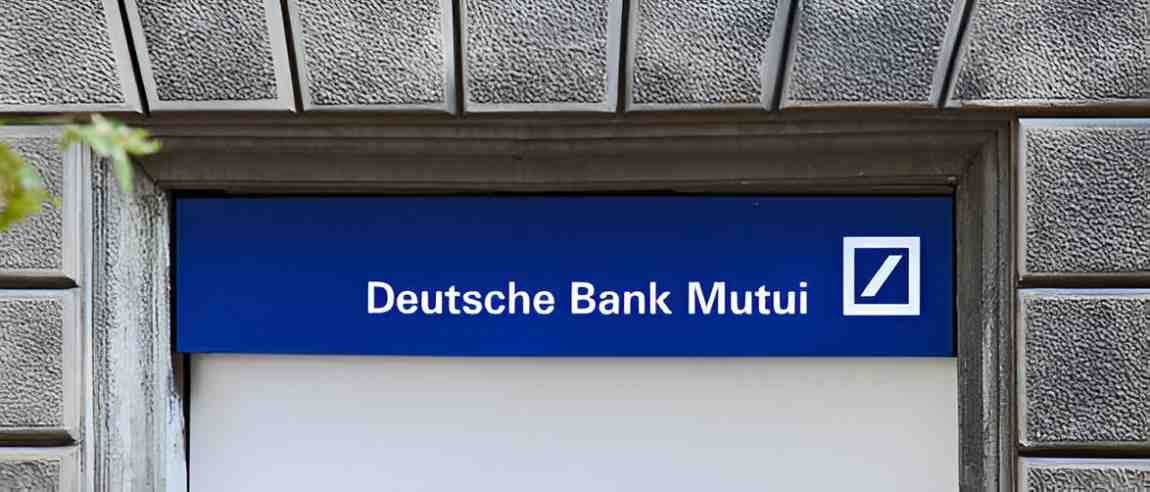As an experienced finance professional, I often get asked whether Deutsche Bank mutual funds are a safe investment choice. The answer isn’t straightforward—it depends on factors like risk tolerance, fund composition, and economic conditions. In this detailed analysis, I’ll break down the safety of Deutsche Bank mutual funds, compare them with alternatives, and provide mathematical insights to help you make an informed decision.
Table of Contents
Understanding Deutsche Bank’s Mutual Fund Offerings
Deutsche Bank, through its asset management arm DWS Group, offers a range of mutual funds across equities, fixed income, and alternative investments. Their funds cater to different investor profiles, from conservative to aggressive.
Key Fund Categories:
- Equity Funds – Invest in global or regional stocks.
- Bond Funds – Focus on government and corporate debt.
- Money Market Funds – Short-term, low-risk instruments.
- Multi-Asset Funds – Diversified across stocks, bonds, and other assets.
Assessing Safety: Key Metrics to Consider
1. Credit Risk
Deutsche Bank’s bond funds carry credit risk—the chance that issuers default. Credit ratings (AAA to junk) indicate safety. For example, a fund holding German government bonds (AAA-rated) is safer than one holding high-yield corporate debt.
The expected return of a bond fund can be modeled as:
E(R) = \sum_{i=1}^{n} (P_i \times Y_i)
Where:
- E(R) = Expected return
- P_i = Probability of bond i not defaulting
- Y_i = Yield of bond i
2. Market Risk
Equity funds fluctuate with stock markets. Beta (\beta) measures volatility relative to the market:
\beta = \frac{Cov(R_i, R_m)}{Var(R_m)}
A Deutsche Bank fund with \beta = 1.2 is 20% more volatile than the market.
3. Liquidity Risk
Some funds invest in illiquid assets. If many investors redeem simultaneously, the fund may struggle to sell holdings without losses.
4. Counterparty Risk
Deutsche Bank’s financial health matters. While DWS operates semi-independently, a parent bank crisis could indirectly affect fund stability.
Comparing Deutsche Bank Funds vs. Competitors
| Metric | Deutsche Bank (DWS) Funds | Vanguard Funds | BlackRock iShares |
|---|---|---|---|
| Avg. Expense Ratio | 0.75% – 1.25% | 0.05% – 0.15% | 0.20% – 0.50% |
| 10-Yr Avg. Return | 6.5% (Global Equity) | 7.2% (S&P 500) | 6.8% (Global Agg Bond) |
| Liquidity | Moderate | High | High |
Deutsche Bank funds tend to have higher fees than passive giants like Vanguard but may offer active management benefits.
Historical Performance and Crises
Deutsche Bank faced scrutiny during the 2008 financial crisis and the 2016 European banking turmoil. However, DWS funds remained relatively stable due to diversification. For example, the DWS Top Dividende LD fund (a dividend-focused equity fund) lost 22% in 2008 but recovered fully by 2012.
Stress Test Example:
Assume a hypothetical Deutsche Bank equity fund with:
- Initial investment: $10,000
- Annual return: 7%
- Worst-year drop: -25%
Using a Monte Carlo simulation, the 10-year outcome could range between $9,800 and $18,500, showing volatility.
Regulatory Protections
In the U.S., Deutsche Bank’s mutual funds are registered with the SEC, providing transparency. However, unlike FDIC-insured bank accounts, mutual funds aren’t government-guaranteed.
Final Verdict: Are Deutsche Bank Mutual Funds Safe?
For conservative investors: Stick to Deutsche Bank’s money market or government bond funds.
For moderate investors: Diversified multi-asset funds are reasonable but monitor fees.
For aggressive investors: High-growth equity funds carry higher risk but potential for better returns.
My Recommendation:
I suggest comparing Deutsche Bank funds with low-cost index funds. If you prefer active management, ensure the fund’s strategy aligns with your goals. Always review the prospectus for hidden risks.





